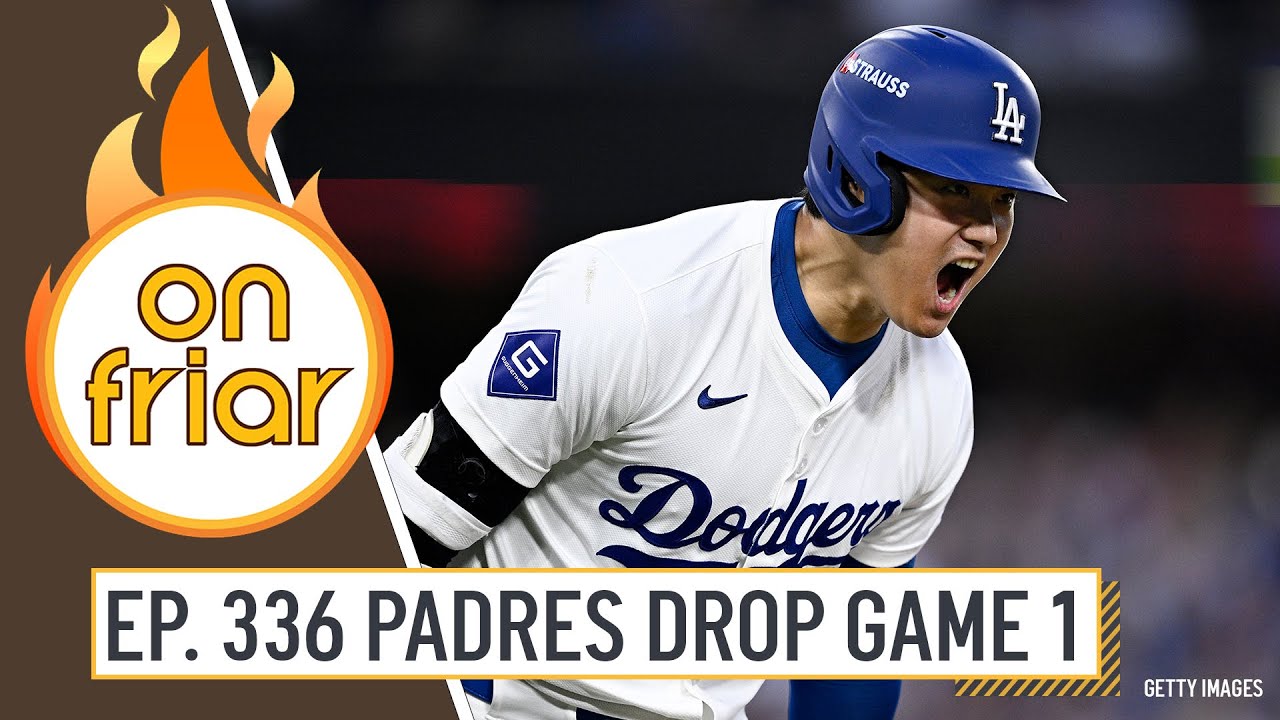California Gov. Gavin Newsom extended outdoor dining parklets and alcohol to-go sales in order to aid struggling restaurants and bars for a little longer as the state emerges from the coronavirus pandemic.
Newsom was outside Tommy’s Mexican Restaurant in the Bay Area Thursday to promote the two programs, which he extended until at least the end of 2021 while the state Legislature considers several bills that could make the outdoor installations and to-go alcohol sales permanent in the future.
The extensions come as California plans to lift most business restrictions and social distancing rules on June 15, allowing restaurants to resume indoor service at full capacity. Even so, maintaining outdoor dining could help the state control virus spread, Newsom said.
Get top local stories in San Diego delivered to you every morning. Sign up for NBC San Diego's News Headlines newsletter.
The California Department of Alcoholic Beverage Control relaxed regulations in March 2020 to let restaurants sell alcohol to go, right around the time Newsom imposed the nation's first statewide stay-at-home order, shuttering restaurants for in-person dining. Since then, restaurants have been allowed to sell pre-packaged alcohol like bottles of beer and wine as well as pre-mixed cocktails ordered with food.
In May, as the state began allowing outdoor service to resume, the department made it easier for restaurants to expand outdoor dining by offering temporary catering authorizations. That allowed restaurants to continue to sell alcohol in off-premises locations like sidewalks and adjacent parking lots where many set up tables. The department has issued more than 10,000 of those licenses, said Newsom spokeswoman Amelia Matier.
The governor said he had heard from mayors across the state wishing to make the two programs permanent for businesses and that his goal was to get the state "red tape" out of the way in order to allow cities to come up with their own rules and regulations for the concepts.
Businesses must still comply with local restrictions but in a letter to local leaders, Newsom urged them to take steps that will allow the practices to continue.
San Diego is one of those cities experimenting with extending outdoor parklets that extend dining into the street, sidewalk and parking lots. The San Diego City Council on May 18 voted to extend temporary outdoor business permits through July 2022. The current emergency ordinance that allowed them through the pandemic was set to expire as soon as July 13, 2021.
“While this program was launched as a temporary solution to a devastating situation, we have seen the benefits of allowing expanded outdoor dining and shopping in our communities,” Mayor Todd Gloria said at the time.
Local
Local restaurant owners say their to-go-cocktails have been very popular and makes more people want to order food.
NBC 7 visited several restaurants Thursday afternoon. Many are thrilled to have support from the governor and are confident lawmakers will pass legislation to makes these business enhancements more permanent.
“It’s good business for all downtown, especially Fifth Avenue,” Taka Sushi owner Moako Toktheichi said. “We love it, actually customers they love it.”
“It’s obviously kind of helped keep our doors open and helped us keep employees on staff and just kind of made sure that we’re relevant and we’re still here,” La Puerta manager Kate Owca said.
According to the city, 427 temporary permits have been issued since the program started.
Lawmakers could permanently extend the allowance of to-go cocktails through a bill by state Sen. Bill Dodd, a Napa Democrat. He said his proposal would boost income for struggling restaurants and give customers greater choice.
Nearly a third of California restaurants permanently closed during the pandemic, the California Restaurant Association told lawmakers last month.
Newsom said Thursday he could not support job creation if he did not first support struggling businesses. In February, he signed a $7.6 billion coronavirus relief package that included more than $2 billion in grants for struggling small businesses. That's on top of a November 2020 emergency bill that set aside $500 million for small business grants.
Businesses with annual revenues between $1,000 and $2.5 million are eligible for the money, with a priority given to businesses owned by women and minorities and businesses in areas with high unemployment rates.
Gov. Newsom said there are relief grants and hiring tax credits that a lot of business are eligible for, but many are not taking advantage of. If you’re a small business owner in need of help, go to covid19.ca.gov.



